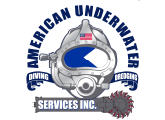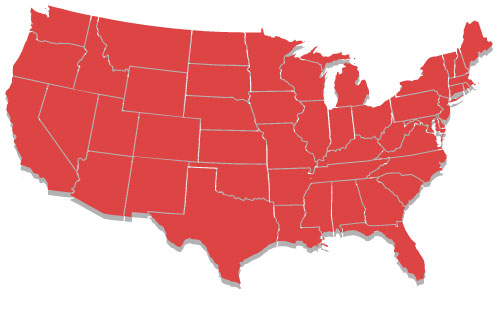Finding one or two dead fish floating in your HOA or golf course pond usually isn’t a cause for concern. They could have met their fate due to a predatory bird, or perhaps they just got old, weak, and nature took its course.
However, when you start noticing a pattern of dead fish in your pond, it’s time to pay closer attention. The fish in your pond act as a natural barometer in the sense that they are very susceptible to changes in the water. Recurring instances of fish die-offs could be an early indicator of something gone wrong.
Aside from old age, disease, and predatory animals, there are several other potential causes of a fish die-off:
Water Pollutants
With most HOA ponds doubling as wastewater retention areas, they’re susceptible to chemical runoff during rain events. Car oils, pesticides, herbicides, and any other man-made chemical product found on the streets or in the garden can—and will—find its way into a stormwater retention pond.
If the chemicals don’t kill the fish outright, they can severely raise the levels of phosphates in the water, thereby causing a nuisance algae outbreak. This can also lead to depleted oxygen levels.
Low to No Oxygen
Fish extract oxygen from the water to live. If your pond has low to no oxygen levels, the fish will tend to hover near the surface, moving their mouths as if they were gasping for air—and that’s exactly what they’re doing.
This is the most common reason for fish kills in smaller ponds and lakes. Water that’s been warmed by the hot summer sun can quickly deplete the oxygen levels in your pond.
If you have too high of a fish population, it can lead to a massive die-off. Algae blooms and invasive plant species produce nitrogen and phosphorus, and that will also contribute to the oxygen depletion in the water.
If your ponds don’t have a source of running water, a quick fix is to grab the garden hose and start spraying the water from side to side. The agitation will cause some oxygen to return to the water. You can also buy a mechanically powered aerator that will float in the center of the pond and serve as a more permanent fix.
Parasites and Diseases
Fish are highly susceptible to diseases and parasites. Even the smallest change in water chemistry, temperature, or PH can cause the fish to get open sores, have abnormal behavior, or become discolored.
While disease and parasites are part of nature, they can quickly spread out of control if the conditions in the pond are just right. Ponds are tiny, and they can’t “self-correct” as much bigger bodies of water, such as lakes. This can lead to a chain reaction that causes a massive fish die-off.
One of the biggest causes of parasites and diseases are overfeeding and overstocking the water. Sometimes well-meaning people will “dump” their home aquarium fish into the pond when no one’s looking. It’s challenging, if not impossible, to find these kinds of abandoned fish. At this point you might need to drain the body of water to remove the invasive species.
Preventing a Fish Die-Off
The above three examples are just a few of the many reasons fish are dying in your pond. One of the best ways to help prevent a fish die-off is to make sure the water quality is excellent.
At the very bottom of the pond is an area that’s normally filled with organic muck. Bacteria can’t live at these depths, and the pile of muck will continually release harmful nitrites and nitrates into the water column. This can cause algae blooms and lead to a chain reaction that will suffocate your fish from lack of oxygen.
Dredging your ponds can remove this layer of rich organic muck and help prevent unsightly algae blooms as well as fish die-offs.
Nationwide HOA, Homeowner, and Golf Course Pond Dredging
At American Underwater Services, we have over 20 years of experience helping HOA’s, golf courses, and homeowners improve the health and looks of their ponds through our expert pond dredging services. Our services can help prevent algae outbreaks and fish die-offs and keep your neighborhood ponds clean and clear.
Best of all, you can use the muck we dredge off of the bottom of your pond as a rich source of fertilizer for your garden, grass, or plant areas. If you’d like to learn more about the benefits of dredging your pond or would like to schedule an appointment, give us a call at (817) 377-8512.
[author_box]


